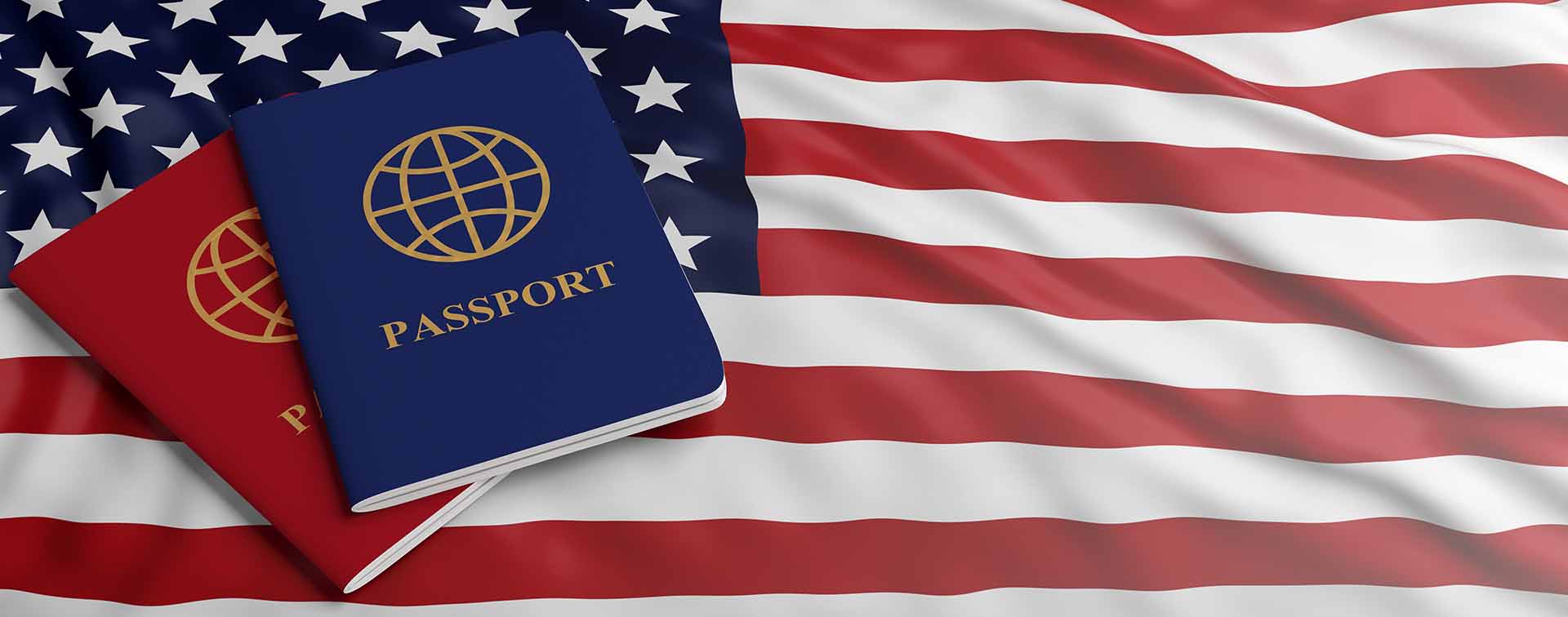
Prof. Peter J. Spiro is Charles Weiner Professor of Law at Temple University Law School.
For Americans, dual citizenship was once considered a moral abomination, then an anomaly, then a curiosity. But through this arc towards toleration and acceptance, Americans never saw much of an advantage to the status. It was mostly about validating sentimental attachments.
No longer. Today, Americans see significant life benefits in holding an additional citizenship. For Americans as for everyone else, dual citizenship is now understood to represent a pathway to enhanced global mobility as well as kind of insurance against political instability.
It was not always so. Before the Second World War, it was extremely difficult for Americans to maintain two nationalities. Although the status wasn’t illegal, actively maintaining or acquiring another nationality typically resulted in loss of US citizenship. Even after that regime was softened, many other countries maintained their own legal mechanisms for suppressing the status. (One thing about dual citizenship: it takes two to tango.) Strong social norms against the status reinforced legal deterrents.

As more states came to accept the status in the late 20th century, a growing number of Americans found themselves with the status by default. Immigrants who naturalized as Americans often retained their citizenship of origin, for example. But these dual citizens were not exactly looking for the status. Rather, they found themselves with two citizenships.
The USA did not (and actually has never) required a naturalizing citizen to terminate her citizenship or origin. The real change was that fewer ‘sending’ states terminated citizenship upon naturalization in another country. For example, starting in 1998, Mexicans who naturalize in the USA retain their Mexican citizenship under Mexican law, no action required. Today, 19 out of the top 20 immigration source states do the same.
There were also some who rediscovered and reclaimed the nationality of their ancestors. The grandchildren of those born in Ireland, for example, claimed Irish citizenship in almost the same way that their parents would have joined a fraternal society such as the Ancient Order of Hibernians. It was a way of cementing a strong ethnic identity. As the social opprobrium associated with dual citizenship faded away, there were no longer any other barriers to having the extra citizenship. Citizenship was being framed less as a matter of loyalty, hence an understanding that dual citizenship could be consistent with good citizenship.
But the number of Americans who were doing this was small. The Irish were the lead example, because the process was bureaucratically unencumbered and the cost was effectively zero. By contrast, very few descendants of Italian immigrants sought Italian citizenship. That was complicated and expensive. It just wasn’t worth it.
Now it surely is.
Two disruptions explain the clear shift in American attitudes towards dual citizenship. Covid supplied one. Even though a US passport continues to afford its holders tremendous global mobility privileges, the pandemic showed that even premium passports do not guarantee unhindered access to desirable destinations. In the wake of the 2020 lockdowns, most countries severely restricted entry. A US passport didn’t get you into the EU. An EU passport did. The only real guarantee to admission into a particular country is to hold that country’s nationality, the right of entry persisting as a core right of citizenship.
The right of entry into one country implies a capacity to leave another. It’s not just for holidays that Americans are looking to acquire extra citizenships. Getting into other countries is only half the story.
Here is the second, more important, explanation for the sudden spike in interest among Americans for dual citizenship. Serious political disruption has Americans looking for an exit strategy. Things have gone from “it can’t happen here” to “it is happening here.” For many, things are already feeling bad, in the face of increased violence targeting individuals on the basis of race, religion, and sexual orientation, this against the backdrop of rising gun deaths. If things get worse — to many eyes, the prospect of a second Trump administration would usher in serious domestic unrest — many more will wish they had an escape hatch. Meanwhile, some on the other side of the political spectrum see taxes and other forms of government regulation as a reason to want out.
For Americans, dual citizenship is now a kind of political risk insurance. In the past, the value of such a hedge would have been very low. Now it’s pretty high.
High enough that Americans are going to great lengths to secure additional citizenships. Those who are eligible for an EU or other desirable citizenship on the basis of ancestry are doing whatever it takes to get the extra passport in hand. Boutique legal consultancies and travel agents have sprung up to meet ballooning demand.
Those who aren’t so lucky are exploring citizenship by investment. Rich Americans are adding citizenship to their wealth planning. Peter Thiel (New Zealand) and Eric Schmidt (Cyprus) are among the known cases, but there are many others who are doing it quietly. For the estimated 5.5 million Americans with liquid investable wealth in excess of USD 1 million, citizenship by investment is looking like a smart component of their portfolios.
This is all hardly news to the rest of the world. The attraction of dual citizenship has long been apparent to citizens of other less prosperous and less stable countries. Hundreds of thousands of Latin Americans, for example, have availed themselves to Italian and Spanish citizenship on the basis of ancestry as a way out of periodic economic crises. Wealthy individuals from countries lacking visa waiver privileges have supplied core demand for premium citizenship by investment programs. Adding Americans to the mix will further entrench the irreversible turn to dual citizenship.